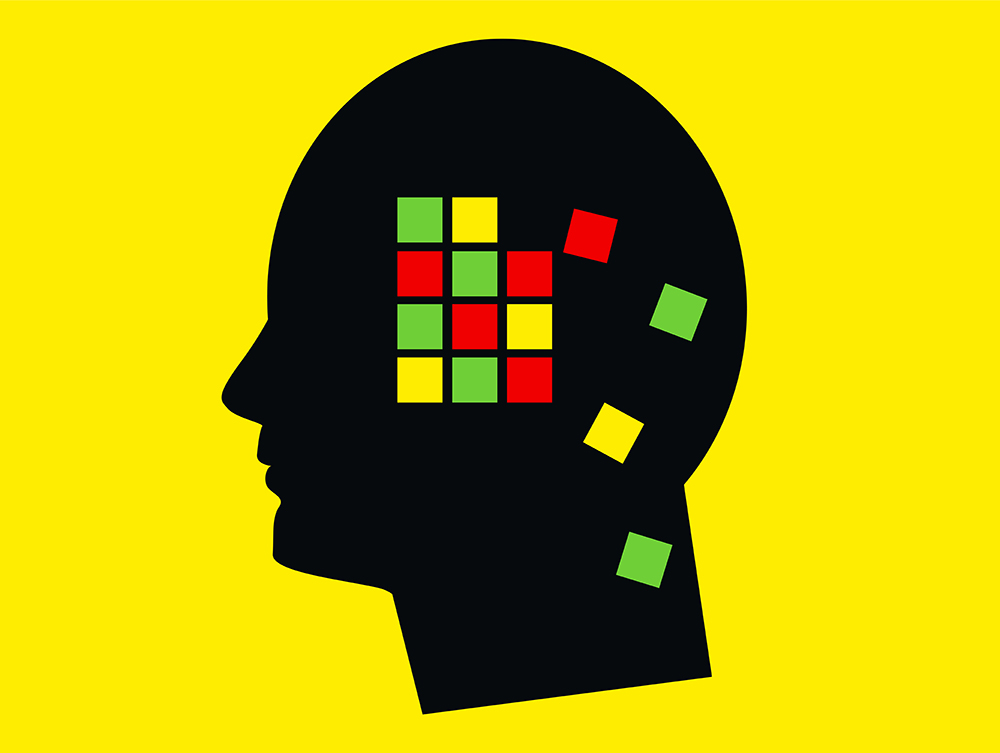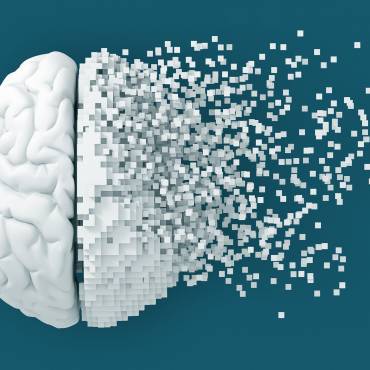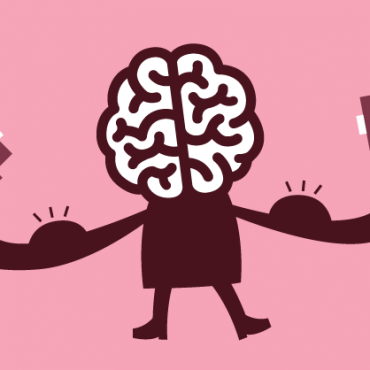Four of the five Alzheimer’s disease medications- rivastigmine, donepezil, tacrine, and galantamine falls into the same category called cholinesterase inhibitors and essentially works in the same way.
All these drugs work to reduce the breakdown of acetylcholine (a chemical messenger that transfers information from one nerve cell to another). This effectively raises acetylcholine levels in the brain and may preserve brain function.

Cholinesterase Inhibitors
- Rivastigmine- Treatment with rivastigmine should be started and supervised by a health care specialist experienced in the diagnosis and treatment of Alzheimer’s disease. An initial dose of 1.5 mg twice daily is recommended. If the recommended dose is well tolerated, your health care specialist will increase to a maintenance dose of 2 to 6 mg twice daily. The maintenance dose should be determined as the highest tolerated dose. The maximum recommended dose is 6 mg.
The most commonly reported adverse effects are diarrhea, anorexia, abdominal pain, nausea, and vomiting. The medicine may cause weight loss and patients with Alzheimer’s disease tend to lose weight. Patients should be monitored closely for adverse events.
- Donepezil- It has a long duration of cholinesterase inhibition allowing once daily administration. The medicine is used for the symptomatic treatment of dementia in patients with mild to moderate-severe Alzheimer’s disease. They initially suggested dose is 5 mg once daily which should be taken in the evening or before going to sleep. For a clinical response, the dose should be maintained for at least one month. After a period of one month, it can be increased to 10 mg once daily.
The medicine is well tolerated with some adverse effects that are mild, transient, and occurs early in the course of treatment. Some common side effects related to the usage of the medicine include muscle cramps, insomnia, fatigue, vomiting, nausea, and diarrhea. In some cases, psychiatric disturbances, including aggressive behavior, agitation, and hallucinations may also occur. These adverse effects tend to resolve on decreasing the dose and discontinuing the drug for some time.
- Tacrine- It was the first cholinergic protective agent. It needs to be taken four times a day. In high dose, the medicine can also damage the liver.
- Galantamine- It’s approved to treat mild to moderate Alzheimer’s. It is supplied in the form of a pill and syrup. It has been found to slow down the cognitive decline in Alzheimer’s patients.
N-methyl-D-aspartate (NMDA) Receptor Antagonists
Memantine has licensed for the treatment of mild to moderate Alzheimer’s disease. It is a powerful nerve-cell killer; it protects against the overstimulation of glutamate that is responsible for exciting nerves. It can be used alone or along with donepezil Alzheimer’s disease treatment. Memantine is found to improve cognitive function as well as delay the progression of Alzheimer’s disease for up to one year.
The effect of the drug varies from different people. Some patients will not notice any effect, while others may find that their condition improves slightly, or their condition remains the same when they would have expected to become gradually worse. The following are the areas in which some patients may find a slight improvement:
- An overall change in the behavior and thinking example-language, finding a way around, remembering routines, and other communication skills
- Daily activities such as dressing and washing
A health care specialist can only prescribe this medicine. It is available in the form of tablets for oral administration. It should be swallowed with a glass of water and can be taken before or after consuming food. The treatment should start at a low dose of 5 mg once daily. The dose is then gradually increased over about four weeks to a maintenance dose of 20 mg once daily.
A very few people experience adverse effects associated with Memantine. These adverse effects are usually mild to moderate. Some commonly reported ones include dizziness, tiredness, confusion, headache, and hallucination. Speak to your health care specialist if any of these occurs and bothers you.
This drug for Alzheimer’s disease care is not recommended for people with severe renal impairment. Caution should be exercised in people with a history of the liver disorder, hypertension, epilepsy, and heart problems.
Memantine, the drug used to treat Alzheimer’s disease symptoms will not help everyone who takes it. It is not a cure for Alzheimer’s disease. It is only useful in treating mild to moderate symptoms of Alzheimer’s disease.
Treating Alzheimer’s Disease Symptoms
- Depression- Antidepressants such as sertraline, fluoxetine may be effective in relieving irritability, restlessness, and depression associated with the disease.
- Psychosis- Antipsychotic medicines are useful in treating hallucinations and aggressive behavior. Most physicians prescribe risperidone or olanzapine to treat these symptoms.
Also Read: What You Need to Know About Your Dietary Intake?
Apathy- Depression is often confused with one of the symptoms apathy. An apathetic patient lacks interest, enthusiasm, motivation, and emotions while a depressed patient is hopeless, sad, and tearful. The symptom may respond to stimulants like methylphenidate.



